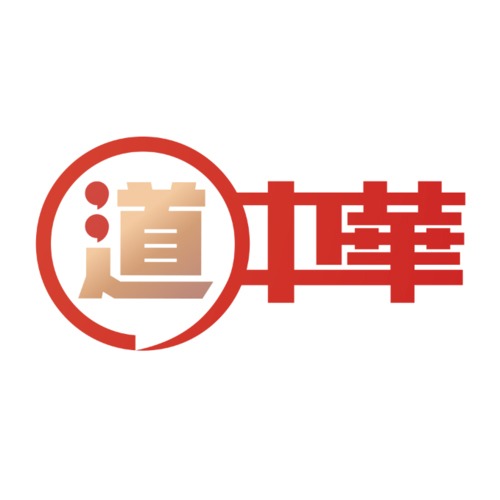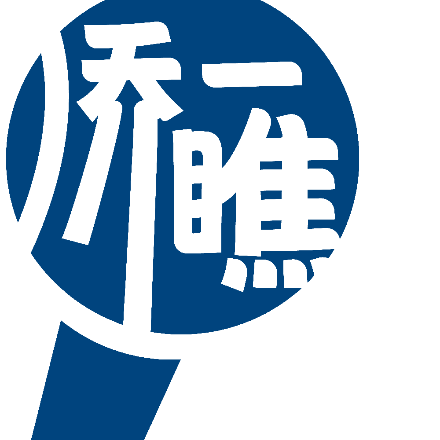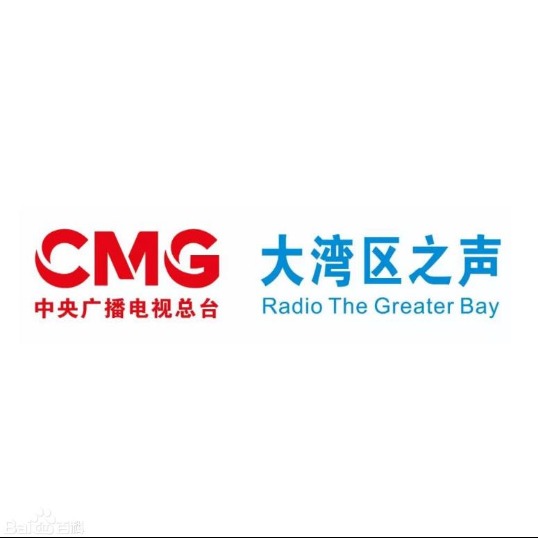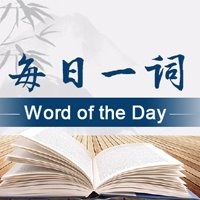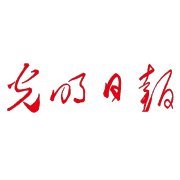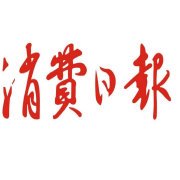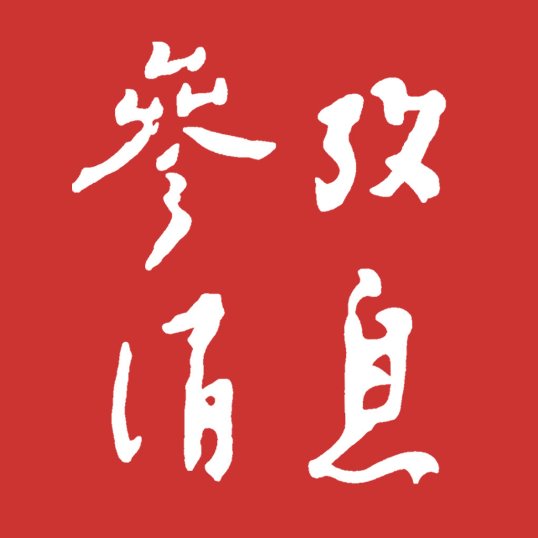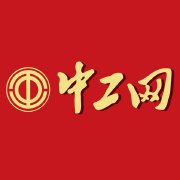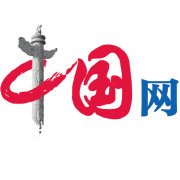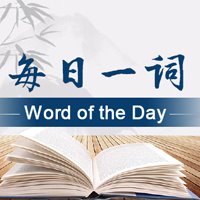世界觀 | 香港暴徒搶槍事件,西媒是這么報(bào)道的……

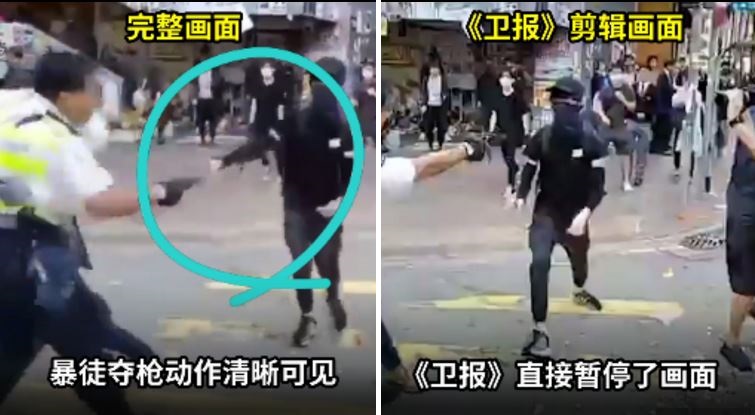
香港昨天發(fā)生的搶槍事件,相信大家都看到了。四個(gè)暴徒從四個(gè)方向依次沖向警察,有抱腰的有奪槍的,要不是阿sir訓(xùn)練有素,估計(jì)早被他們搶走了。
但是西方媒體又是怎么報(bào)道的呢?
美聯(lián)社第一時(shí)間出了消息,原文及翻譯如下:
“一段網(wǎng)絡(luò)傳播的視頻顯示,一名警官抓住一名抗議者的衣領(lǐng),然后朝另一名接近的(抗議者)開槍。當(dāng)?shù)谌棺h者接近時(shí),這名警官再度開槍。”
“警方稱一名抗議者中槍,正在接受治療。”
Online video showed a police officer collaring one protester and then shooting another who approaches. The officer fired again as a third protester approached. Police said only one protester was hit and is undergoing surgery.
美聯(lián)社不愧百年大社,細(xì)節(jié)描寫很到位,連“抓衣領(lǐng)”都沒有放過。只可惜抓了芝麻丟了西瓜,視頻里顯示的不止一位暴徒搶槍,這么明顯的動(dòng)作,美聯(lián)社咋就沒看到呢?
What the AP did not tell you and will never tell you, as the video below shows, is the "protester" was attacking the police officer before the latter "collared" him. And the second one who was hit did more than approach — He tried to take the pistol by wrenching it away.
同樣的細(xì)節(jié),路透社也報(bào)了。
“一名穿白色衛(wèi)衣、戴面具的抗議者走向一名警察,好像要挑戰(zhàn)他。警察拔槍對(duì)準(zhǔn)這個(gè)人,并勒住他脖子。”
A protester wearing a white hoodie and mask walks towards a policeman, as if to challenge him. The officer draws his gun and points it at him at close range and grabs him round the neck.
“警察用左手抓住這個(gè)人的同時(shí),向另外一名靠近的戴面具的抗議者開槍。三槍過后,此人倒地。”
As the officer holds the man with his left hand, he shoots another approaching masked protester at close range with his right hand. Three shots ring out and the man falls to the ground.
細(xì)節(jié)來細(xì)節(jié)去,就是不提暴徒搶槍的事情。視頻里顯示的清清楚楚,那幾個(gè)人是這么“靠近”的:
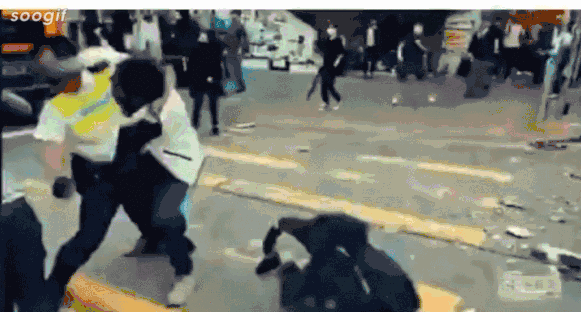
在美國(guó),誰要敢這么“靠近”警察,早被打成篩子了……
而且西方媒體用詞都是“抗議者”。對(duì)搶警察槍的人,用這個(gè)詞,實(shí)在有點(diǎn)不合適。有啥不滿可以通過合法渠道反映,搶槍打人的就只能叫“暴徒”,用“抗議者”都有點(diǎn)侮辱這個(gè)詞。
It is doubtful whether a person trying to rob a pistol should be called a "protester". If he means to show his discontent with something, he can say so in public instead of robbing a pistol and attacking the police officer holding it. "Rioter" is a more suitable word for these hooligans.
美聯(lián)社報(bào)道里還特意提到一處細(xì)節(jié),工作做得比檢察官都扎實(shí):
“在一處警戒線里邊,有一灘看似干涸的血跡樣的東西,而圍觀者正在咒罵警察。”
"A patch of what looked like dried blood could be seen in a cordoned-off area after the shooting, as angry onlookers shouted insults at the police."
這攤所謂的“血跡”視頻里也有,而且旁邊還有倆大活人呢。一位警察正在扶著那位中槍的暴徒,明顯想救助他。
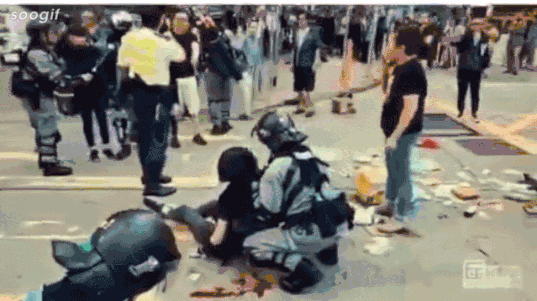
但這一切細(xì)節(jié),西方媒體都沒有報(bào),就報(bào)了“警察開槍”。想想看,如果是西方國(guó)家的普通民眾讀到了,會(huì)怎樣想?腦子里缺根弦的可能已經(jīng)跑到社交媒體上罵開了……
當(dāng)然,也不能說西方媒體逢警必反,那對(duì)這些同行們也不夠公正。西方國(guó)家遇到麻煩、滿大街都是靚麗的風(fēng)景線的時(shí)候,西方媒體就傾向于力挺警方。
It would be unfair to say Western media always stands against the police in riots.
法國(guó)“黃背心”運(yùn)動(dòng)是,路透社是這么報(bào)道的:
“數(shù)十名戴黑色遮擋的示威者向警方投擲石頭,有一些還對(duì)著摩托車和垃圾箱放火——這些都發(fā)生在法國(guó)首都中心地帶。警方用催淚瓦斯和震爆彈予以回敬。”
"Dozens of black-hooded demonstrators threw rocks at police and some set fire to scooters and trash cans in the center of the French capital" and "Police responded by firing tear gas and stun grenades".
巴塞羅那大示威中,路透社是這么描述的:
“隨著夜幕降臨,戴面具的年輕人在離警方指揮部不遠(yuǎn)處堵了一條寬闊大大道,對(duì)垃圾箱放火,并對(duì)著防暴安全人員陣列投擲了大量石頭、廢棄館子以及瓶子。”
"As night fell, masked youths blocked a broad boulevard close to the city's police headquarters, setting fire to large garbage bins and throwing a hail of stones, cans and bottles toward massed lines of security forces in full riot gear".
CNN是這么報(bào)道的:
“周五的現(xiàn)場(chǎng)視頻顯示防暴警察直面抗議者,后者有人向警方投擲物品。垃圾箱也被點(diǎn)燃,這在過去的一周里是很常見的場(chǎng)面。”
Video from the scenes on Friday showed riot police facing off against protestors, some of whom threw objects at the police. Garbage containers were set on fire, a common sight in the past week.
從這些案例中,不難總結(jié)出西方媒體的一條規(guī)律:?jiǎn)栴}發(fā)生在西方,挺警隊(duì)、挺國(guó)家。問題發(fā)生在中國(guó)香港,挺暴徒。
When things happen in Paris or Barcelona, Western media outlets side with those who defend order. When similar things happen in Hong Kong, Western media outlets side with those who demolish it.
事實(shí)上,按照香港《警察通例》關(guān)于槍械使用的規(guī)定,警務(wù)人員可在下列情況下使用槍支:
1. 為了保護(hù)包括自己在內(nèi)的任何人,以免生命受到危害或身體受到損傷;
2. 有理由相信某人犯嚴(yán)重暴力罪行應(yīng)當(dāng)加以拘捕或犯嚴(yán)重暴力犯罪的疑犯企圖拒捕;
3. 平息騷動(dòng)或暴動(dòng)。
而且香港警察拔槍、拿槍指人、開槍事后都要寫報(bào)告的,被幾個(gè)人一起奪槍的情況下,拔槍開槍是完全符合程序的。
據(jù)《北京日?qǐng)?bào)》報(bào)道,在警員開槍并制服暴徒后,有在場(chǎng)公眾鼓掌撐警員。無論是法律還是民意上,警方都做的沒問題。但西方媒體就是看不見,就報(bào)道“警察開槍了”。
還能說什么呢?
- 世界觀 | 美國(guó)支持“臺(tái)灣參加聯(lián)合國(guó)”,打的是自己的臉
- 世界觀 | 孟晚舟回國(guó),外媒怎么看?
- 世界觀 | 美國(guó)“溯源報(bào)告”,政治操弄下的鬧劇
- 世界觀 | “喀布爾時(shí)刻”為“臺(tái)獨(dú)”勢(shì)力敲響喪鐘
- 世界觀 | 美國(guó)抗疫幾項(xiàng)“第一”,這份報(bào)告說清楚了
- 世界觀 | 民進(jìn)黨買再多美國(guó)炮,也擋不住祖國(guó)統(tǒng)一
- 觀中國(guó) | 中國(guó)減貧成就何以取得?西班牙學(xué)者有三個(gè)重要發(fā)現(xiàn)
- 世界觀 | 臺(tái)民進(jìn)黨當(dāng)局“與狼共舞”,鋌而走險(xiǎn)
- 中網(wǎng):鄭欽文首盤受傷 遺憾止步女單四強(qiáng)
- 德國(guó)機(jī)動(dòng)車貿(mào)易中央?yún)f(xié)會(huì):對(duì)中國(guó)電動(dòng)汽車加稅將抑制消費(fèi)
- 2024國(guó)慶檔電影票房破17億
- 如何建造一條世界級(jí)的跨海通道?
- 敘利亞總統(tǒng)會(huì)見伊朗外長(zhǎng) 雙方表示向黎巴嫩提供支持和援助
- 國(guó)慶假期返程天氣地圖來了 看哪里會(huì)一雨到底
- 聯(lián)合國(guó)官員:超20萬人從黎巴嫩進(jìn)入敘利亞避難
- 違法和不良信息舉報(bào)
- 互聯(lián)網(wǎng)新聞信息服務(wù)許可證10120170006
- 信息網(wǎng)絡(luò)傳播視聽節(jié)目許可證0108263號(hào)
- 京公網(wǎng)安備11010502032503號(hào)
- 京網(wǎng)文[2011]0283-097號(hào)
- 京ICP備13028878號(hào)-6













